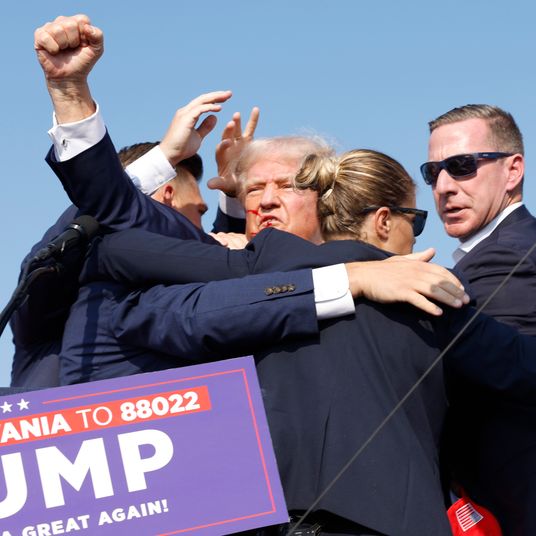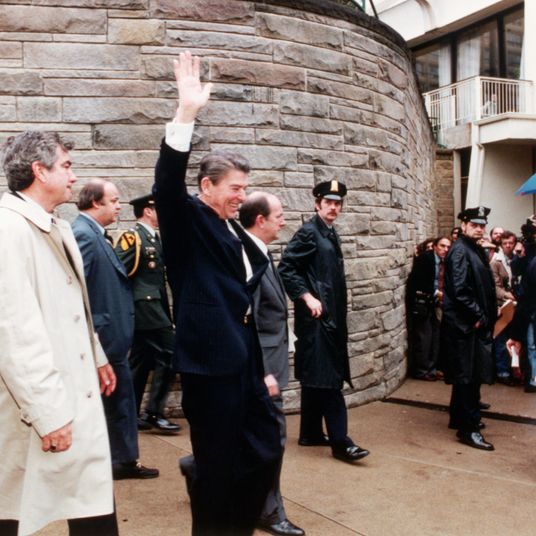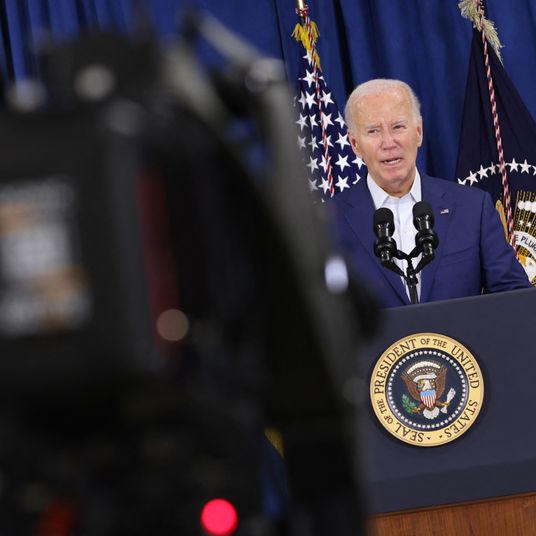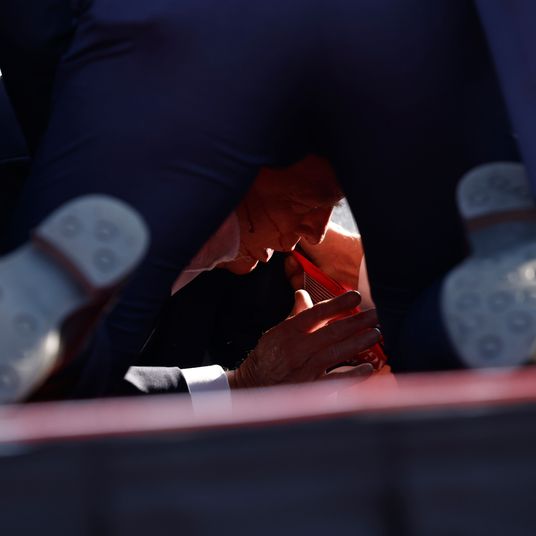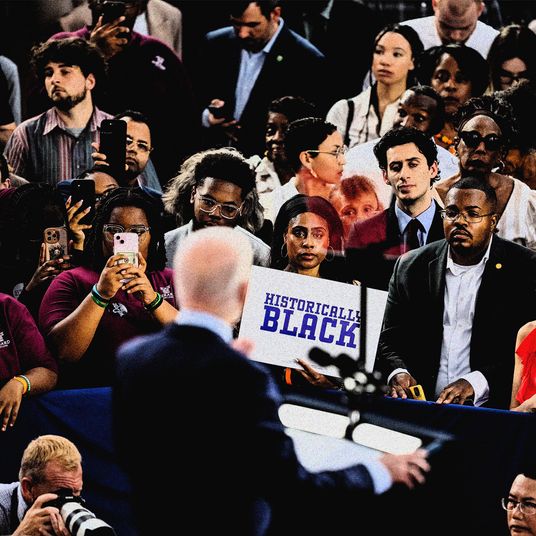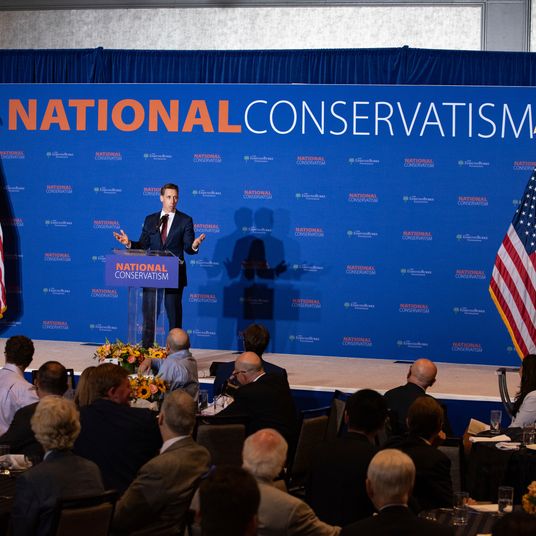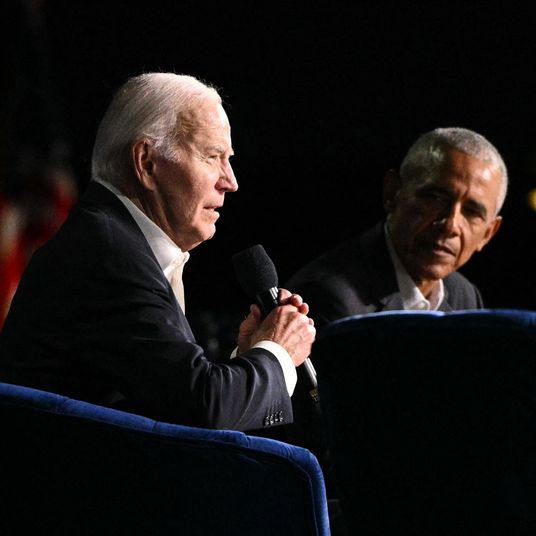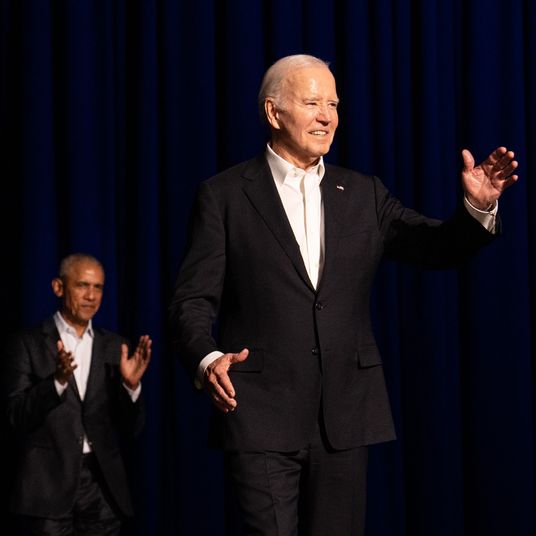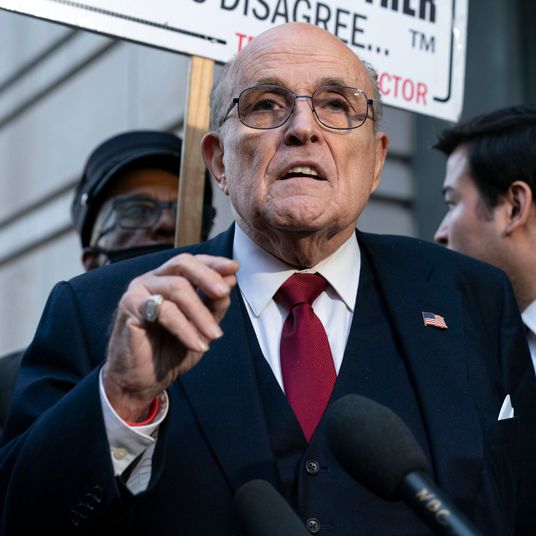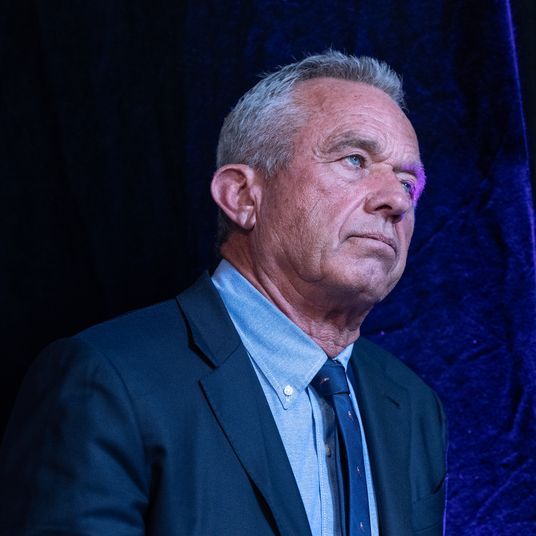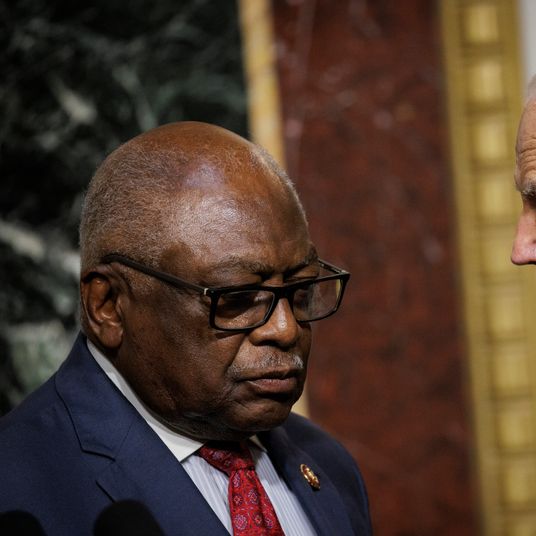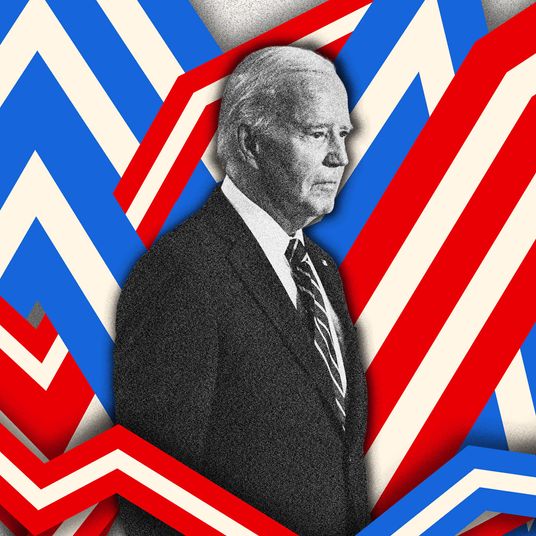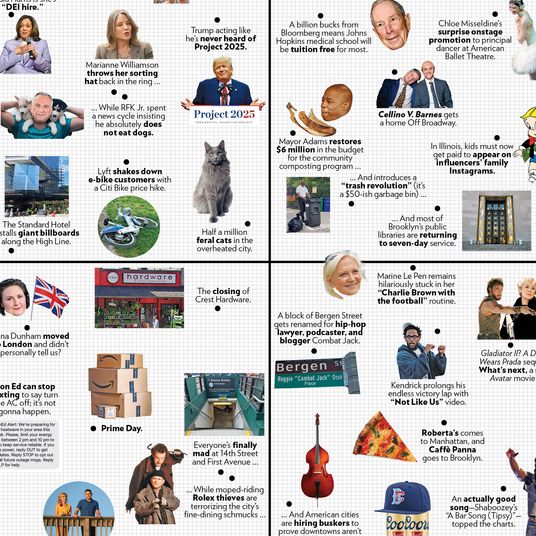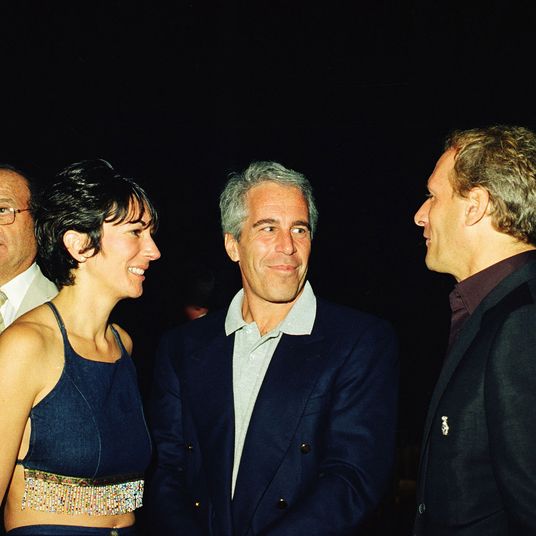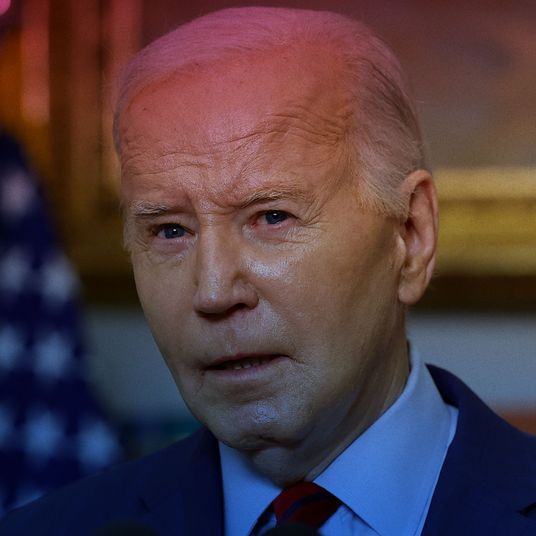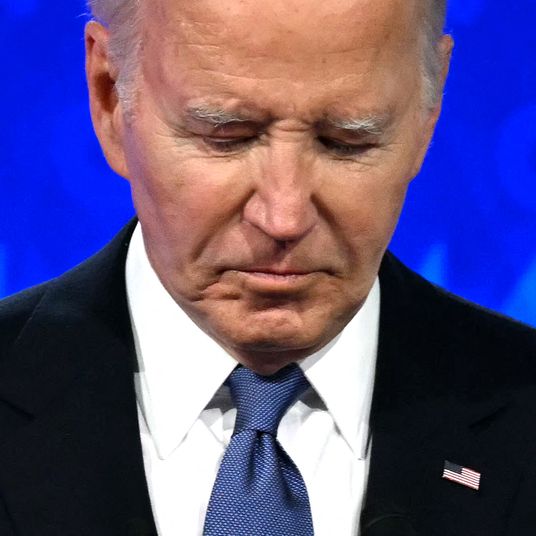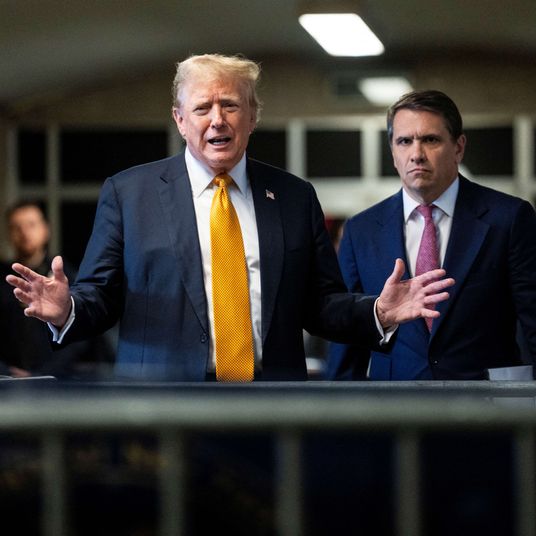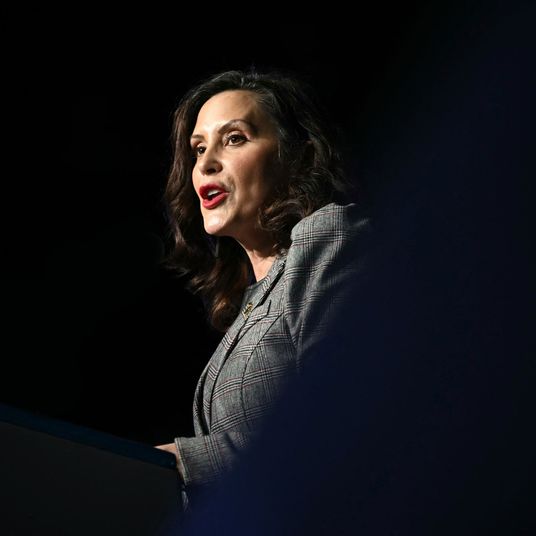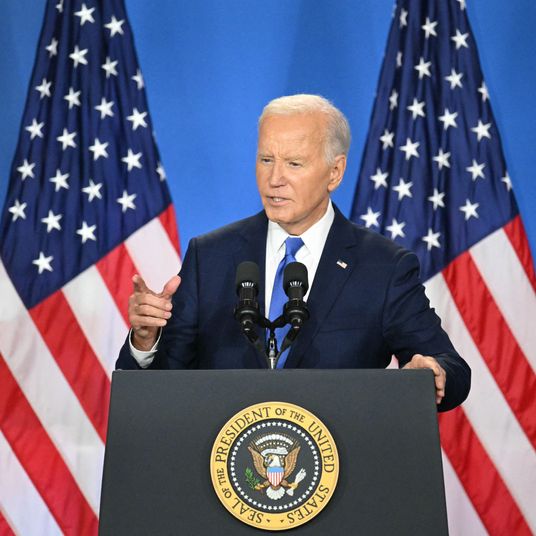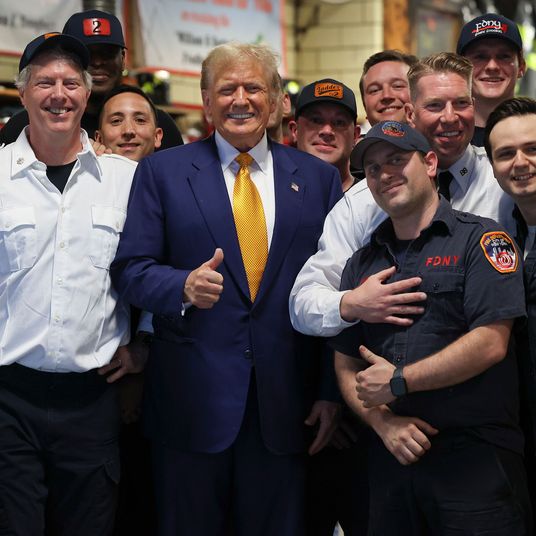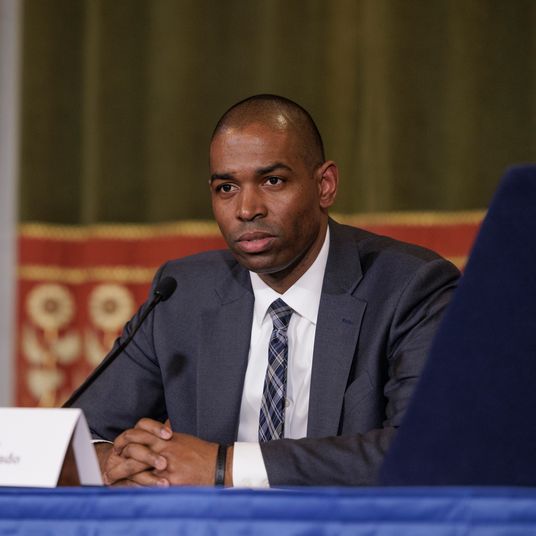
The independent presidential candidacy of Robert F. Kennedy Jr. is at an important juncture that may determine whether it becomes a significant part of the 2024 story or just a footnote. Historically, non-major-party candidacies (at least those since 1912) have begun to lose altitude as Election Day grows closer and potential voters worry about “wasting” their votes on nonviable options. Kennedy is still struggling to secure ballot access, particularly in presidential battleground states, and he does not appear poised to seriously compete for any electoral votes despite attracting a robust share of the national electorate (an even 10 percent in the RealClearPolitics polling averages and 10.1 percent at FiveThirtyEight).
Another factor potentially marginalizing the Kennedy candidacy is the fact that he is (generally speaking) drawing roughly equal support from voters who would otherwise back Joe Biden or Donald Trump. Though both the major-party campaigns are watching him nervously and occasionally taking shots at him, at present RFK Jr. doesn’t seem to be significantly affecting the likely outcome.
All that could change if the first presidential debate, scheduled for June 27 in Atlanta, includes Kennedy along with Biden and Trump. It may not be a coincidence that the only independent candidate ever to secure a spot on the stage with both Democratic and Republican nominees, Ross Perot in 1992, also wound up with the largest percentage of the vote (18.9 percent), even though he dropped out for several weeks in the middle of the campaign season before reentering. For RFK Jr., participating in the unusually early debate sponsored by CNN could be an extraordinarily well-timed tonic for his troops, heading off the summer blahs and boosting his already high name ID.
But there’s a big catch: Biden proposed (and Trump accepted) the debates with the understanding it would be a one-on-one matchup with the former president. And CNN promptly established participation criteria (clearly modeled on those previously set out by the now-discarded bipartisan Commission on Presidential Debates) that create clear obstacles to RFK Jr. joining the fray. On the one hand, he has a decent chance of meeting the polling criteria, having already obtained three of the required four specific polls showing him with at least 15 percent of the vote; he needs just one more by the cutoff date of June 20. The much bigger problem, however, is this requirement: “Candidates must also appear on a sufficient number of state ballots to reach the 270 electoral vote threshold to win the presidency.”
CNN has indicated it will treat Biden and Trump as having met this requirement as “presumptive” nominees of major parties with 50-state ballot access, even though neither man will officially become nominees by June 20. Kennedy, however, needs to show that states adding up to 270 electoral votes have actually certified his ballot access (mostly subsequent to petitions, though in at least two states, RFK Jr. has obtained minor-party nominations). And he’s some distance from that goal, as Forbes explains:
Kennedy has officially gained ballot access in seven states — Utah, Michigan, California, Delaware, Oklahoma, Hawaii and Texas — according to his campaign, which said it has collected enough signatures to be placed on the ballot in nine others—New Hampshire, Nevada, North Carolina, Idaho, Nebraska, Iowa, Ohio, New Jersey and New York.
Add all those up, and Kennedy has arguably qualified in 16 states representing 229 electoral votes. But that’s not the same as being state-certified for ballot access, which can take a lot of time. So even as his campaign scrambles for petitions and fights off obstruction from the major parties (particularly from Democrats, who are clearly trying to minimize Kennedy ballot access), RFK Jr. is challenging CNN’s participation criteria (which have been largely replicated by September 10 debate sponsor ABC), as the Washington Post reports:
The presidential campaign of independent candidate Robert F. Kennedy Jr. announced Wednesday it had filed a complaint with the Federal Election Commission about Kennedy’s potential exclusion from a planned June 27 debate on CNN between President Biden and former president Donald Trump.
In the complaint, filed Tuesday, Kennedy’s campaign alleges that Biden, Trump, their respective campaigns and CNN “colluded” to leave Kennedy off the debate stage. The complaint also alleges that CNN’s decision to hold the debate could be tantamount to the network making “prohibited corporate contributions” to Biden and Trump’s campaigns and thus violate the Federal Election Campaign Act.
The campaign-finance argument is clearly a reach, since there’s a pretty clear media exception from rules governing corporate contributions. But otherwise, there’s no legal principle whereby CNN can’t set whatever rules it wants. Team Kennedy is likely working the refs and counting on public pressure to convince CNN to relax its ballot-access criteria on grounds that it creates a double standard benefiting major-party candidates who won’t officially qualify for a single ballot before July (when Republicans formally nominate Trump) and August (when Biden will become the Democratic nominee).
Even if Kennedy gets his way with CNN, there’s a decent chance the Biden campaign could withdraw its own pledge to participate since it didn’t bargain for a three-cornered event (the Trump campaign has not objected to Kennedy’s participation, which may be an indication as to whose candidacy he is more likely to hurt or help in the end).
Having said all that, it’s difficult to calculate the effect on the campaign of Kennedy appearing on the big stage. Presumably, a lot of voters know little about RFK Jr. himself beyond his famous name and perhaps his skepticism about vaccines. Exposure to his full panoply of claims that corporations and government agencies are systematically conspiring to poison both people and the planet could turn heads in unpredictable ways. But obviously, he has to grab the biggest spotlight he can, even if it results in voters fleeing from his candidacy with horror or choosing to dismiss politics entirely as a crazy game with no winners.
More on politics
- Trump Assassination Attempt Suspect Identified: Live Updates
- The Secret Service Agent Who Caught a Bullet for Reagan on the Trump Shooting
- Republican Lawmakers Immediately Blame Biden for Trump Shooting






